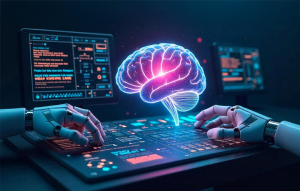The aviation industry is undergoing a metamorphosis, propelled by the transformative power of artificial intelligence (AI). One such aspect of AI, AI agents, with their keen ability to learn, analyze, and make data-driven decisions, is taking center stage in a variety of applications, revolutionizing everything from aircraft maintenance to the passenger journey. Let’s explore how AI and AI agents are transforming the aviation industry and the unique applications that are taking flight.
Softweb’s explorations on AI agent frameworks
At Softweb, we stay updated with the latest software development trends, enabling our developers to actively explore opportunities in AI agent tools and frameworks. Popular AI agent frameworks such as LangChain, CrewAI, and AutoGen simplify the process for AI engineers to build reliable agents. These tools are specifically designed to enhance the capabilities of AI applications, particularly in natural language processing and generative AI. Here’s a brief overview of each:
LangChain
LangChain is a framework designed to assist in developing applications powered by language models. It provides a set of tools and abstractions that make it easier to create complex applications that leverage large language models (LLMs).
Key features:
- Chains: LangChain allows developers to build chains of operations, where the output of one operation can serve as the input for the next. This is useful for creating complex workflows.
- Agents: Supports the creation of agents that can interact with users and other systems, making decisions based on the information provided by language models.
- Memory: Includes components that allow applications to remember previous interactions, enabling more personalized and context-aware responses.
- Data augmentation: Facilitates the use of external data sources to augment the capabilities of language models.
Use cases: Ideal for building chatbots, virtual assistants, content generation tools, and any application that requires the integration of LLMs with other data and processes.
CrewAI
CrewAI is a platform for collaborative AI development. It focuses on enabling teams to work together effectively in building and deploying AI models, with an emphasis on cooperation and efficiency.
Key features:
- Collaborative environment: Provides tools for teams to collaborate on AI projects, share models, and manage experiments.
- Version control: Supports versioning of AI models and experiments, allowing teams to track changes and improvements over time.
- Integration: Offers integration with popular AI development tools and frameworks, making it easier to incorporate existing workflows and technologies.
Use cases: Useful for organizations looking to foster collaboration among data scientists, developers, and stakeholders in AI projects, particularly in environments where teamwork and version control are critical.
AutoGen
AutoGen is a framework that facilitates the automatic generation of content, workflows, and systems using AI models. It is designed to simplify the process of creating complex generative AI applications.
Key features:
- Automation: Automates the generation of text, code, and other content types, reducing the manual effort required in creating AI-driven solutions.
- Customizable workflows: Allows developers to define and customize workflows that leverage AI models for specific tasks.
- Integration with LLMs: Works seamlessly with large language models to produce high-quality generated outputs.
Use cases: Suitable for applications involving automated content creation, such as marketing copy, code generation, document drafting, and more.
Use cases for AI agents in the aviation industry
AI in aviation: Improving flying experiences
Pre-trained AI agents work alongside and assist human agents. They can handle phone calls and chat in 100+ languages and come trained in common airline processes.
Enhancing passenger experiences – Your AI copilots for customer service
1. Predictive maintenance
- Purpose: Predict potential aircraft part failures by analyzing sensor data and maintenance logs.
- Benefits: Reduces downtime, lowers maintenance costs, and enhances safety.
- Implementation: Use machine learning for pattern recognition and automate maintenance scheduling.
2. Air traffic management
- Purpose: Optimize flight paths and schedules to minimize congestion and improve operational efficiency.
- Benefits: Minimizes delays, reduces fuel consumption, and increases airspace capacity.
- Implementation: Use reinforcement learning for traffic optimization and real-time data processing.
3. Passenger experience enhancement
- Purpose: Personalize passenger journey with customized recommendations and support.
- Benefits: Increases satisfaction, reduces wait times, and improves communication.
- Implementation: Develop chatbots and analyze passenger data for tailored services.
4. Fuel efficiency optimization
- Purpose: Optimize fuel usage by analyzing flight operations and weather data.
- Benefits: Cuts costs, reduces emissions, and enhances flight efficiency.
- Implementation: Use AI for predictive analytics and real-time flight adjustments.
5. Pilot training and simulation
- Purpose: Enhance pilot training with realistic simulations and adaptive learning.
- Benefits: Improves training effectiveness, reduces costs, and boosts safety.
- Implementation: Create AI-driven simulators that provide personalized feedback.
6. Security and threat detection
- Purpose: Enhance security by analyzing video feeds and detecting threats.
- Benefits: Increases safety and reduces false alarms.
- Implementation: Use computer vision and machine learning for anomaly detection.
7. Logistics and cargo management
- Purpose: Optimize cargo handling and logistics through demand prediction and route planning.
- Benefits: Improves efficiency, cuts costs, and enhances tracking.
- Implementation: Use AI for predictive analytics and logistics optimization.
Navigating tomorrow – The role of AI agents in aviation
The future of AI agents in the aviation industry is promising, with ongoing advancements and new applications on the horizon.
1. Autonomous aircraft
2. Enhanced air traffic management
3. Predictive passenger flow management
Navigating the clouds: Challenges and considerations
While the future of AI in aviation is exhilarating, there are challenges to navigate. Ensuring the security and reliability of AI systems is paramount. Additionally, ethical considerations surrounding data privacy and potential job displacement in the face of automation must be addressed with transparency and collaboration.
Tutorial to create AI agent in LangChain
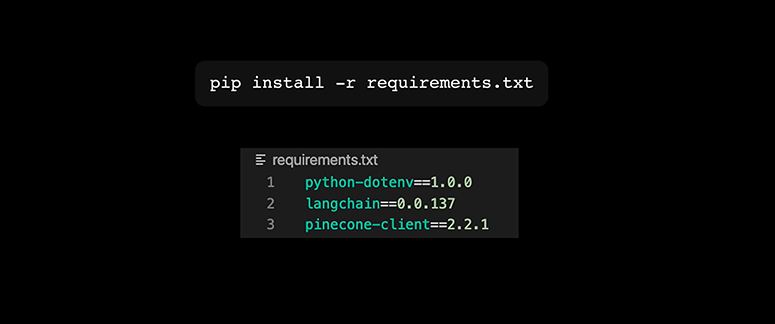
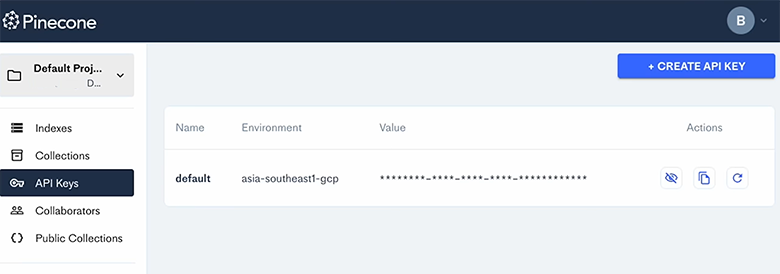
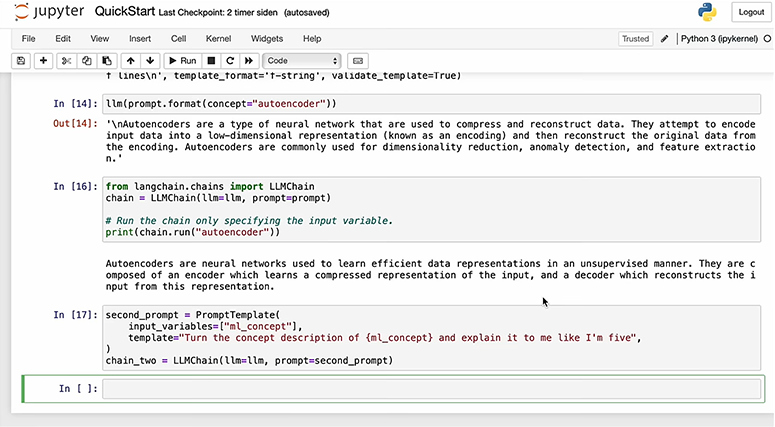
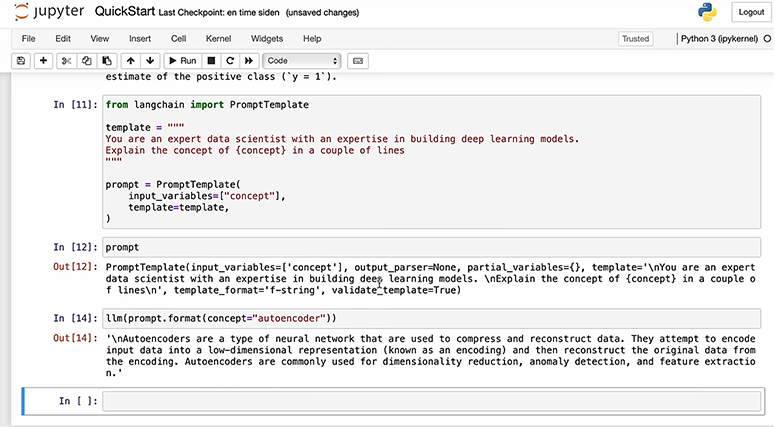
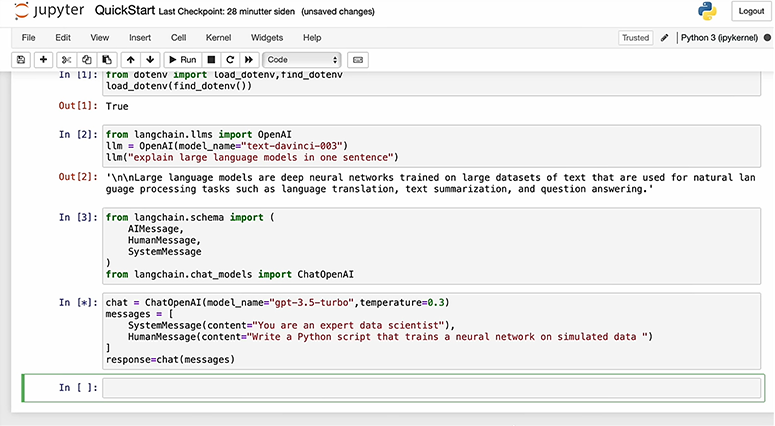
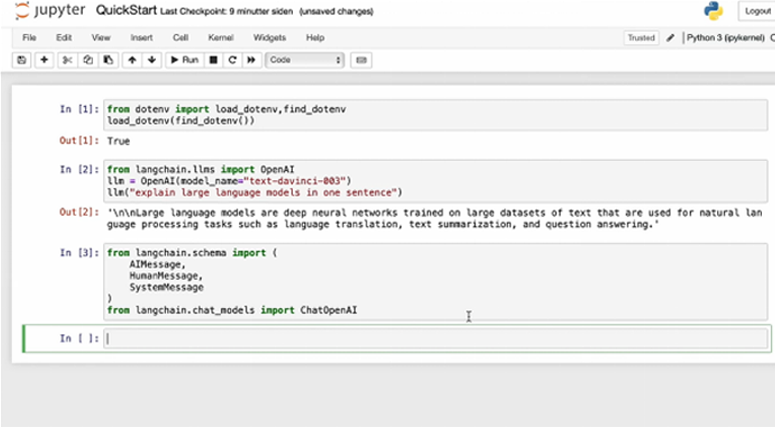
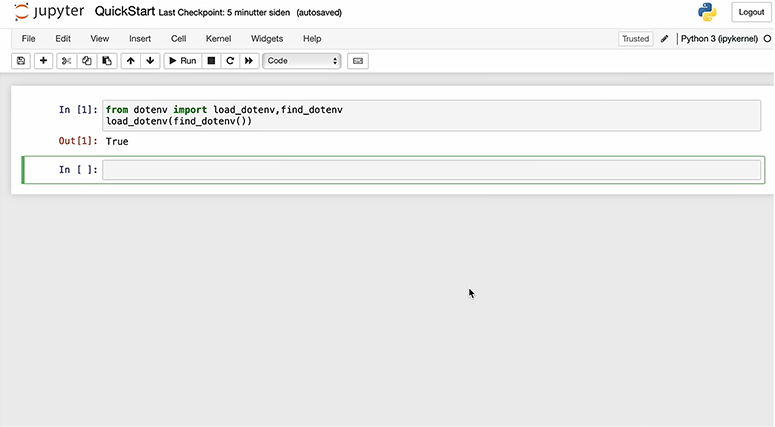
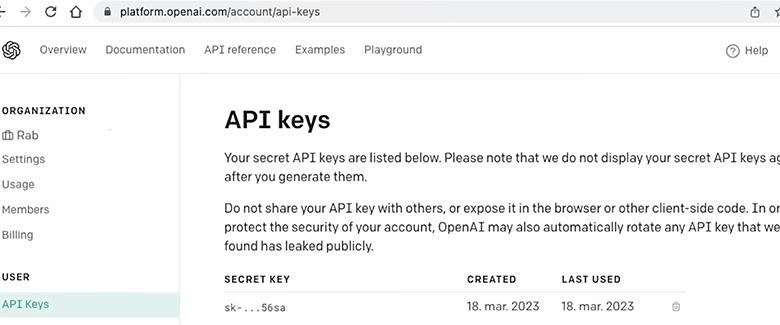
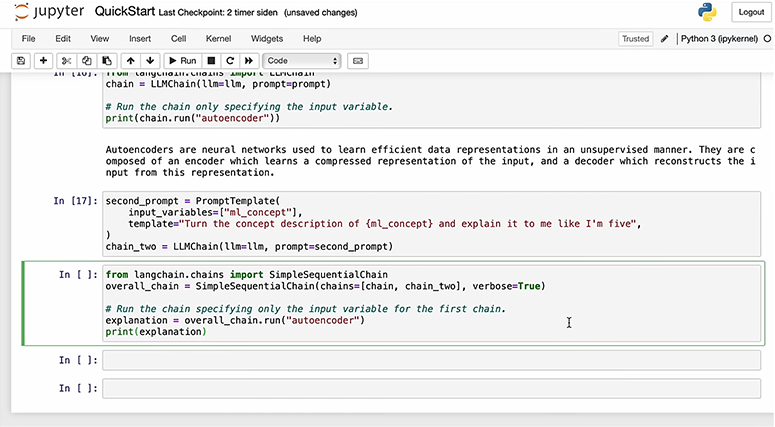
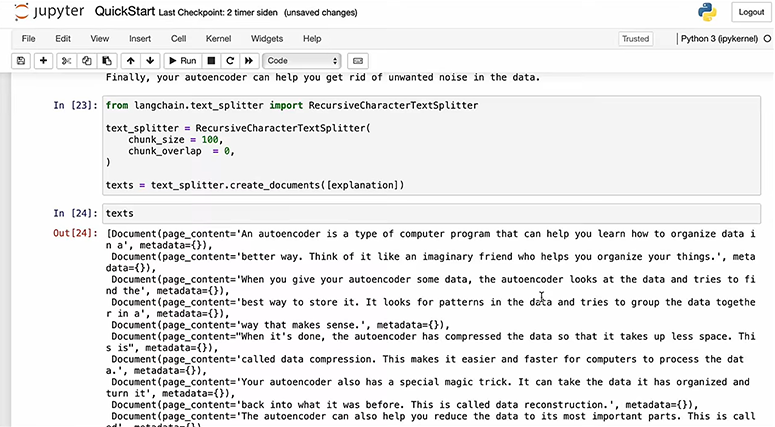
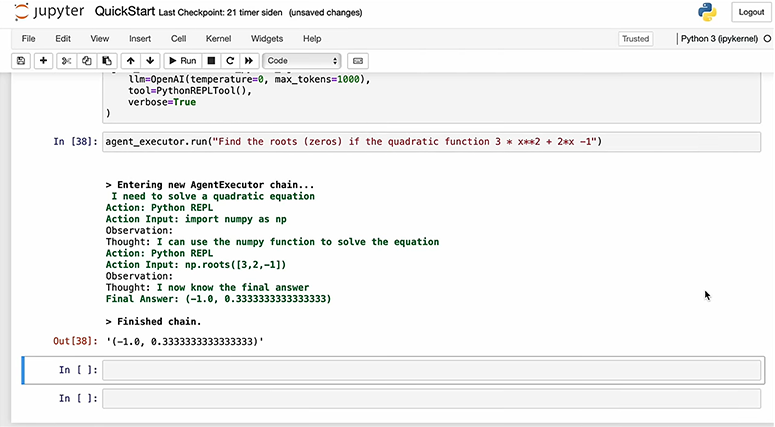
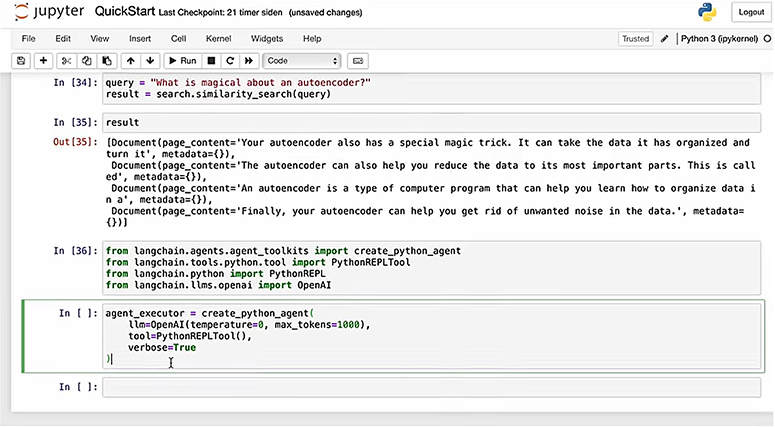
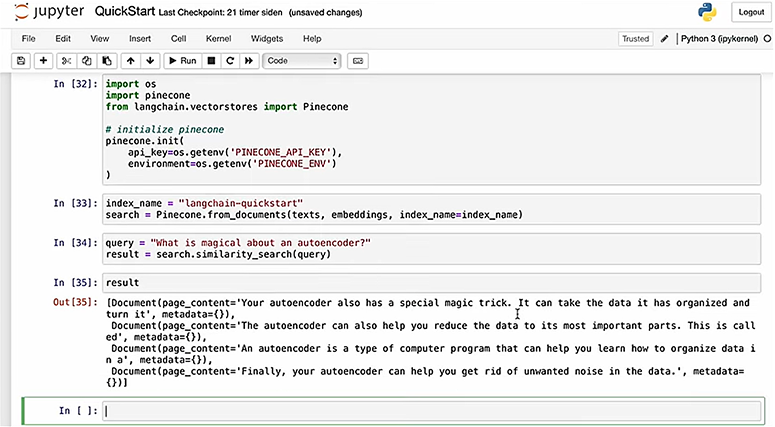
Challenges of AI agents in the aviation industry and how Softweb Solutions solves them
1. Data security and privacy: Ensuring the protection of sensitive flight and passenger data is crucial.
Solution: We implement robust encryption and access control measures to safeguard data.
2. Integration with existing systems: Integrating AI agents with legacy systems can be complex.
Solution: Our team of experts develops modular and adaptable AI solutions that can seamlessly interface with existing technologies.
3. Regulatory compliance: Adhering to aviation regulations and standards is essential.
Solution: We adhere to various regulations and compliances, such as HIPPA, GDPR, and more, to ensure our AI solutions meet all required standards and certifications.
4. Reliability and safety: AI systems must perform reliably under diverse conditions.
Solution: Our developers conduct extensive testing and validation to ensure AI agents operate safely and accurately. Moreover, we leverage explainable AI to ensure reliability of the output provided by our AI solutions.
5. Technical expertise: Developing and maintaining AI agents requires specialized skills.
Solution: Hire an expert AI solutions provider like us to develop and manage advanced AI technologies.
Conclusion – A smoother landing
The integration of AI agents in aviation is driving innovation and efficiency, transforming everything from passenger experiences to flight operations and safety. As technology advances, AI promises a future where air travel is safer, more efficient, and more enjoyable. The sky is just the beginning of this technological evolution. If you are curious to know how AI agents can transform your business, talk to our AI experts!





